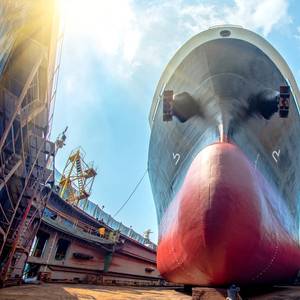
China's sanctions on U.S.-linked units of shipbuilder Hanwha Ocean threaten to impact ambitious plans for shipbuilding cooperation between Seoul and Washington by disrupting supplies of Chinese equipment and materials, officials in Seoul said on Friday.Beijing announced the sanctions on Tuesday as the U.S.
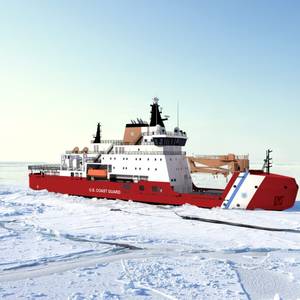
U.S. President Donald Trump and Finnish counterpart Alexander Stubb sealed an agreement on Thursday for the U.S. Coast Guard to acquire up to 11 icebreaker ships to bolster U.S. national security in the Arctic.Trump and Stubb have established friendly ties since Trump regained power in January, and the two met in March at the president's Mar-a-Lago club in Florida and played a round of golf.
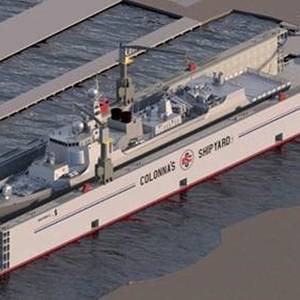
Colonna’s Shipyard, Inc. (CSI) will invest $70m to acquire its fourth drydock, expected to have a lifting capacity of 25,000 tons and slated for delivery in the first half of 2028.“This new drydock acquisition is a testament to our continued dedication to innovation, quality service, and our steadfast investment in the future,” said Randall Crutchfield, Chairman & CEO, at Colonna’s Shipyard, Inc.

South Korean defense, shipbuilding and energy solutions provider Hanwha Group has appointed Alex Wong as Global Chief Strategy Officer (CSO) to lead the company's strategic initiatives in international markets.In this newly created role based in Washington, D.C., Wong will spearhead Hanwha's efforts to deepen partnerships, build defense capabilities
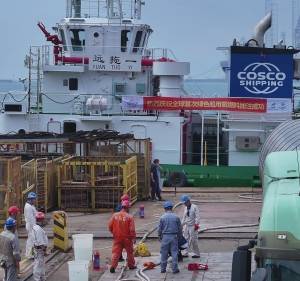
Sinobunker, one of COSCO Shipping’s subsidiaries, has completed the world’s first green ammonia bunkering operation at COSCO Shipping Heavy Industry’s Dalian terminal.The ammonia was sourced from the world’s largest green hydrogen and ammonia plant established by Envision in Chifeng and powered entirely by the world’s largest independent renewable energy system.

The military and Coast Guard budgets are established that will benefit the U.S. ship building and repair sector, but what will stimulate the commercial yards?This author has been scratching his head of late, after a thrilling dive into July’s U.S. Big Beautiful Bill Act, and has asked several colleagues where the funding for support commercial shipbuilding can be found? To answer that
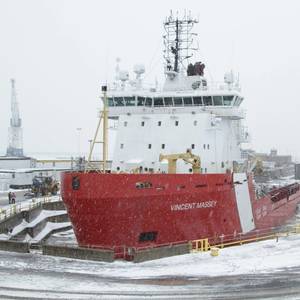
Davie, a leader in icebreaker and specialized vessel construction, announced plans to acquire shipbuilding assets in Galveston and Port Arthur from Gulf Copper & Manufacturing Corporation — marking a major step toward revitalizing large-scale shipbuilding of icebreakers in the United States. The move underscores growing momentum behind domestic production of ice-capable vessels and aligns with U.
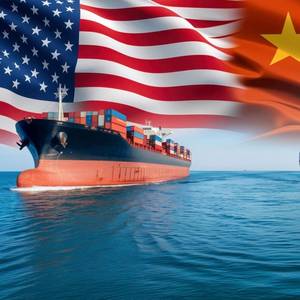
U.S. President Donald Trump has signed an executive order aimed at ‘restoring American maritime dominance’ through the revival of domestic shipbuilding industry and weakening China’s grasp on the global shipping market.The Order directs the creation of a Maritime Action Plan (MAP) to revitalize U.S.
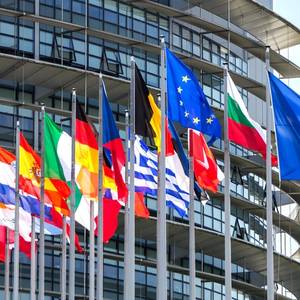
The European Commission has presented its Clean Industrial Deal which aims to accelerate decarbonization while securing the future of manufacturing in Europe.President Ursula von der Leyen said: “Europe is not only a continent of industrial innovation, but also a continent of industrial production.
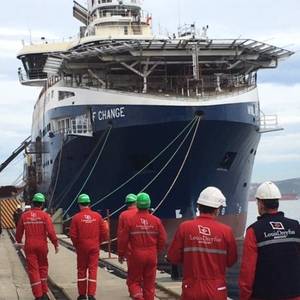
Louis Dreyfus Armateurs (LDA) and InfraVia, a private equity company in Europe, have entered into exclusive negotiations for InfraVia to acquire a majority stake in LDA, a group specializing in high value-added industrial marine services.LDA currently specializes in three growing segments, transportation and logistics of industrial equipment, mainly through dedicated Ro-Ro vessels
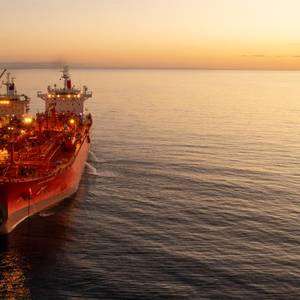
The shipping industry has been watching the dual-fuel engine choices made for newbuildings as an indicator of what many see as an uncertain fuel future.In December, DNV’s Alternative Fuels Insights platform counted 27 ammonia and 322 methanol-fueled vessels currently on the orderbooks.Methanol has raced ahead of ammonia, which currently lags in both engine and regulatory development.
The bipartisan, bicameral bill will fuel U.S. economy, strengthen national security by responding to China’s threat over the oceans. Currently, the number of U.S.-flagged vessels in international commerce is 80; China has 5,500.Today, Senator Mark Kelly (D-AZ), Senator Todd Young (R-IN), Representative John Garamendi (D-CA-8)